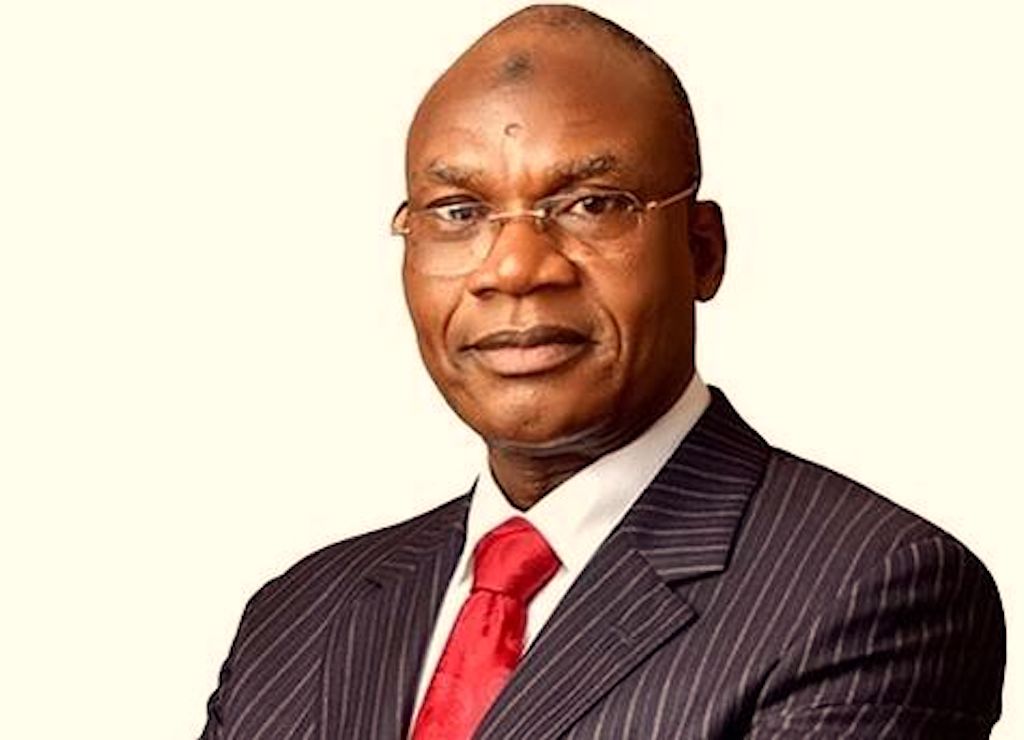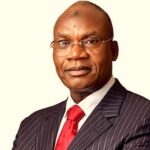The Minister of Education, Professor Tahir Mamman, recently directed the West African Examinations Council (WAEC) and the National Examinations Council (NECO), both institutions that conduct the Senior School Certificate Examinations (SSCE), to reject applicants who are less than 18 years of age. It would be the second time that the professor of law would set tongues wagging about age requirements for higher education in Nigeria. In his earlier attempt to enforce it, Mamman had instructed the Joint Admissions and Matriculation Board (JAMB) to ensure only students who were 18 years and above sat for the University Tertiary Matriculation Examinations (UTME) for admission into Nigerian universities in 2024, but he backed down after his instruction was opposed by stakeholders.
As it were, the minister is not introducing a new policy. Attaining the age of 18 had always been a requirement for sitting for SSCE, except that over the years this age requirement was observed in the breach, with the introduction of the creche, playgroup, and other pre-primary stages into the education system, especially in privately-owned institutions. It created the opportunity for parents to take two-year-old children to playgroups that are turned into formal learning environments to hasten their transition into primary school at a very tender age. Parents have little or no time to bond with these children, and, therefore, fail to teach family and community values to them. Rather, young children are compelled to read, write, and engage in intellectual exercises at a time, psychologically, they should only enjoy the love and care of parents, play games, learn to sing rhymes, and appreciate the beauty of the world around them.
The Ministry of Education’s Quality Assurance department has ignored this trend and even permitted the promotion of young children into junior secondary schools from Primary 4 or Primary 5. The majority of students admitted into junior secondary schools rarely completed the six-year requirement for primary school leaving certificates. It is acceptable that exceptional pupils or geniuses or pupils with a high intelligent quotient could be given accelerated promotion, but that should be an exception, not the norm, as practiced in schools. Today, both the weak and brilliant students skip Primary 6.
Nigerians are living with the consequences of rushing children through the primary and secondary education system, as the objectives of primary and secondary education are hardly achieved. In his authoritative work, the Nigerian Education System, C.O. Taiwo articulates the objectives of primary education to include: “the development of sound standards of individual conduct and behaviour; an understanding of the community and of what is of value for its development, and of the contribution which the individual can make to the community; the development of a lively curiosity leading to a desire for knowledge about the immediate environment and the world outside; permanent literacy; and the acquisition of some skill of hand and a recognition of the value of manual work.”
- NIGERIA DAILY: How Victims Of Flooding Struggle To Get Back On Their Feet
- Nigerian Exporters Hub appoints Mr. Babatunde Faleke as new Managing Director
Pupils who pass through our primary schools hardly achieve a half of the above objectives. They struggle with the basic skills of reading and writing, not to talk of basic handicraft. In Nigeria, many graduates of secondary schools hardly acquire the skills for employment or self-employment, enumerated in the 6-3-3-4 system. Many ‘brilliant’ students who rush out of secondary schools at the age of 14, 15 or 16 hardly acquire the skills of woodwork/carpentry; electrical installation; livestock farming; fine arts, food and nutrition, which should make them independent.
In many developed societies, the average age for students’ admission into tertiary institutions is 18, though those who demonstrate exceptional brilliance are admitted at a younger age.
We support the federal government’s move to ensure that students mature socially and psychologically upon completion of secondary education and, probably attain the age of 18. However, preventing those, who due to the lapses in the implementation of age policy, from sitting for SSCE may be inimical to their progress. Asking them to remain at home for, say, one or two years before sitting for the SSCE could affect their performance in those examinations.
In order not to put students at a disadvantage, government must implement this policy in primary and secondary schools simultaneously, by insisting that no child is admitted into Primary 1 if he or she is less than six years. Primary 6 classes should be mandatory for all primary school pupils. This way, only children who are 12 years of age could enter into junior secondary schools, to complete secondary education at 18. But for the Nigerian secondary education, age qualification for writing SSCE is not a major issue. The government has the challenge of investing heavily in the achievement of the diversity contained in the curriculum of Secondary Education, as that is the only way of effectively preparing young Nigerians for the future.

 Join Daily Trust WhatsApp Community For Quick Access To News and Happenings Around You.
Join Daily Trust WhatsApp Community For Quick Access To News and Happenings Around You.


